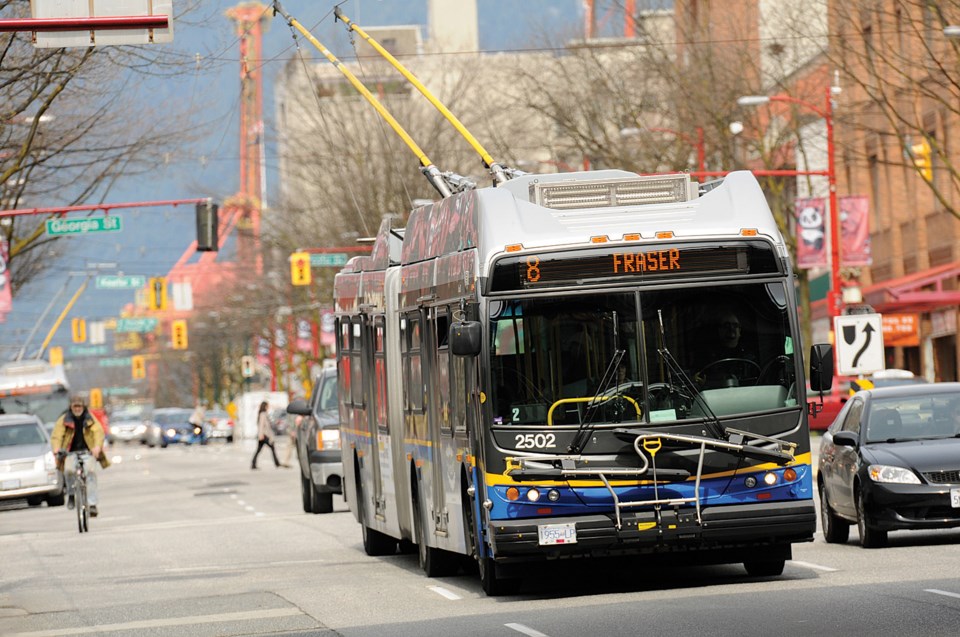From the Jian Ghomeshi saga, to the stunning Stanford rape case to our own premier’s lucky escape from a sexual predator as a young girl, it seems we’re drowning in harrowing and heartbreaking stories of sexual assault.
If there’s a silver lining in all this — the jarring realization that so very, very many women have been walking around keeping these dirty, destructive, not-so-little secrets — it’s that we’re finally starting to talk about it. Sexual assault, it seems, is another issue we’re beginning to reckon with in the mainstream. But we have a long way to go in understanding how pervasive sexualized violence is, and even longer in recognizing how we — men, women and every identity along the gender spectrum — can act to stop it.
It’s easy to see the wrong when strange men are trying to drag teen girls into the bushes or prowling our neighbourhoods for women in the wee morning hours. We understand the gravity of situations that occur in the shadows, when no one else is around. We’re not so good at recognizing the danger in situations that play out in broad daylight, right in front of us, all the time. Situations like the one that my friend Kate recently found herself in.
Kate was riding a packed bus last week when the guy beside her struck up a conversation with another guy. According to Kate’s frustrated Facebook post, it went like this: “I like this white girl sitting right here. She’s real cute,” said Guy Number 1. Kate bristled. “Oh, now she’s thinking ‘whatever buddy,’” replied Guy Number 2. Kate turned, looked directly at guy Number 1 and stated the obvious: “Well, you’re talking about me as if I’m not here.”
Rather than quelling the situation, that simply prompted laughter from both men, who seemed amused at her protest. They continued to reduce this smart, capable, professional adult woman to a “cute white girl,” dissecting her appearance right down to her “little black eyelashes.” Kate, a petite woman sandwiched on the bus with these two much larger men, did what a lot of women in her situation would do: she made an exit and picked her way through the crowd to the other end of the bus — but not before calling Guy Number 1 a dick.
Nobody else on the bus said anything. And this is a problem as big as the fact that sexual harassment on transit is so widespread there’s even a website devoted to it. We still think of this kind of thing as normal, a compliment even. Boys will be boys and tease pretty girls and if the girls don’t like it, they can leave. The problem with these encounters is that they aren’t compliments. They are not innocent, if inelegant, attempts to pick up girls or flatter. They are born out of a view of women as less than, as not human, as lacking agency, choice, and an inalienable right to respect and safety in any and all public spaces. Harassment like this is one end of the continuum of violent, dehumanizing, creepy behaviour that results in some men thinking they can help themselves to women’s bodies like bulk candies from a grocery store bin.
With all the high profile sexual assault cases of late, more women are finding the courage to speak up about their experiences with sexualized violence, and stand up for themselves when they are being harassed. But this can’t just be left to women. Others need to speak out with us, and sometimes for us. Specifically, men do. Men need to stick up for women when they see us being harassed in public and especially when we are not in the room. Men need to let other men know that it is not OK to speak about women in ways that reduce us to objects, that respect and consent are the standard for masculinity in 2016.
Because we still live in a world where women’s voices aren’t taken seriously. In public, and in private, men’s voices are heard louder, given more prominence and assigned more authority. Just consider how Kate was literally laughed at when she attempted to stand up for herself while everyone around her was silent.
A rape crisis worker I once interviewed for a story on domestic violence put it to me this way: if any other identifiable group of people faced the rates of harassment and abuse that women do, people of colour, gays, etc., we’d be marching in the streets. And in fact, when that is the case, we often do. But when women speak up about the violence and discrimination they experience simply by moving through the world, we brush it off as a “women’s issue” thus relegating to the back seat of our collective social concerns. Or, in the case of Kate and countless other women, give it the silent treatment in the back seats of the bus.
Jessica.Barrett@gmail.com
@jm_barrett



